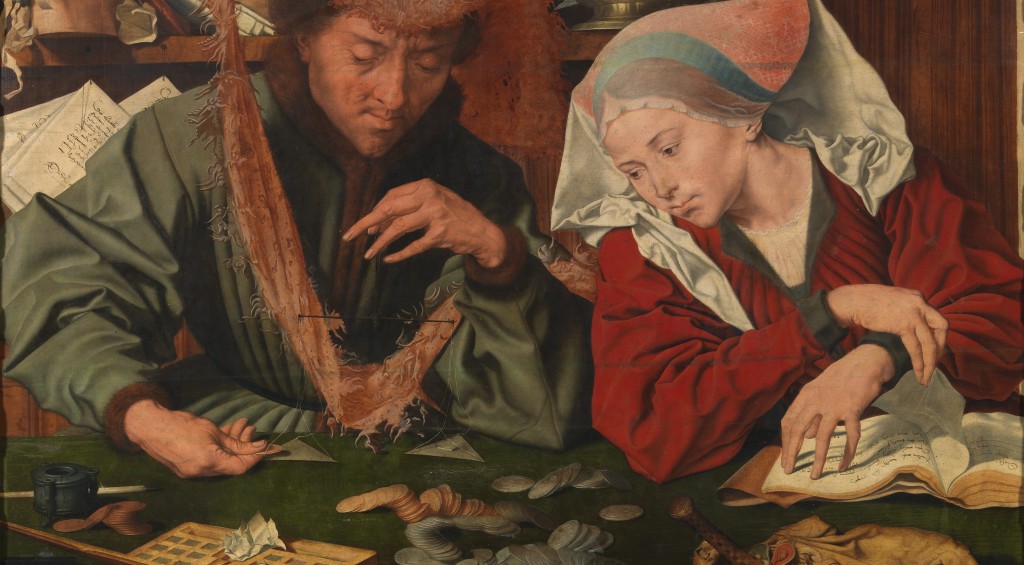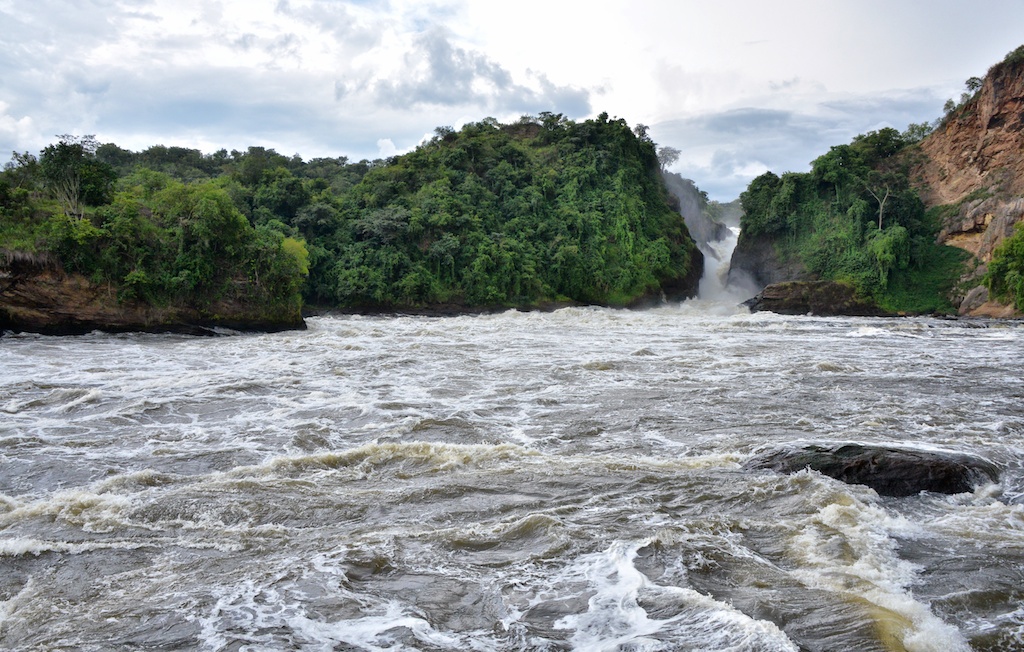
Russian Interference in Post-Soviet Region
Russian attempts at interference can be observed all over the world. They are part of the Kremlin\'s foreign policy to gain more influence worldwide and to make as many countries Russian-friendly as possible. The ultimate goal of this foreign policy is probably to upset the unipolar US-dominated world order. We are now at the point where Russian President Vladimir Putin declared at the 2024 Valdai Forum that the old world order is over.




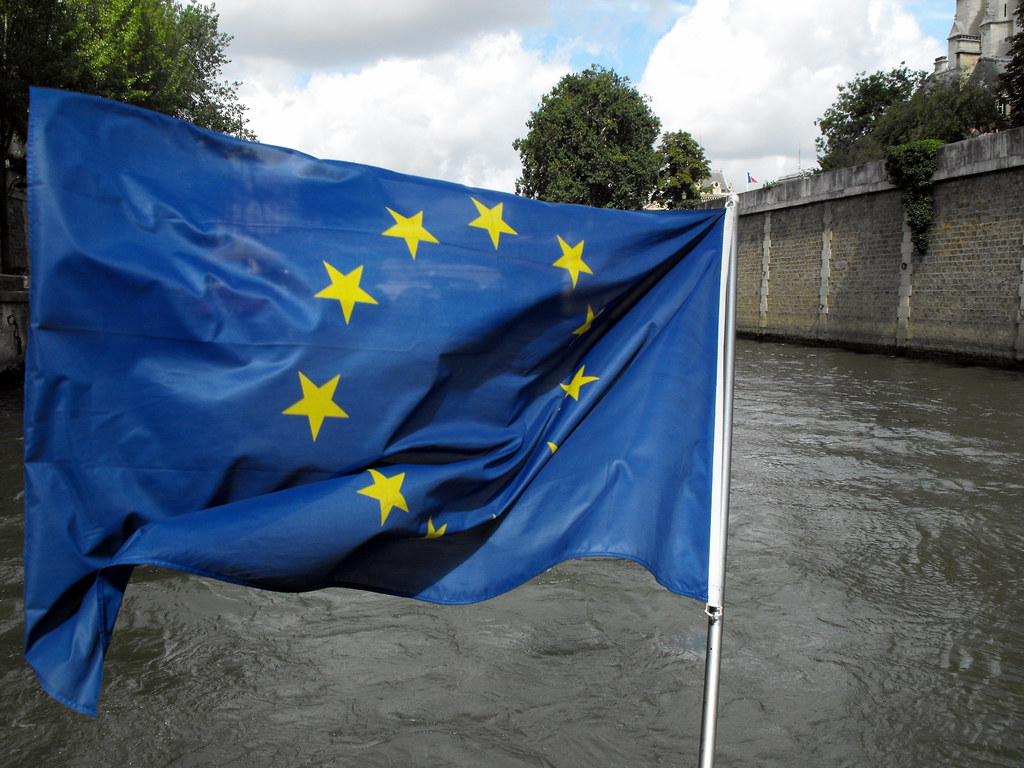
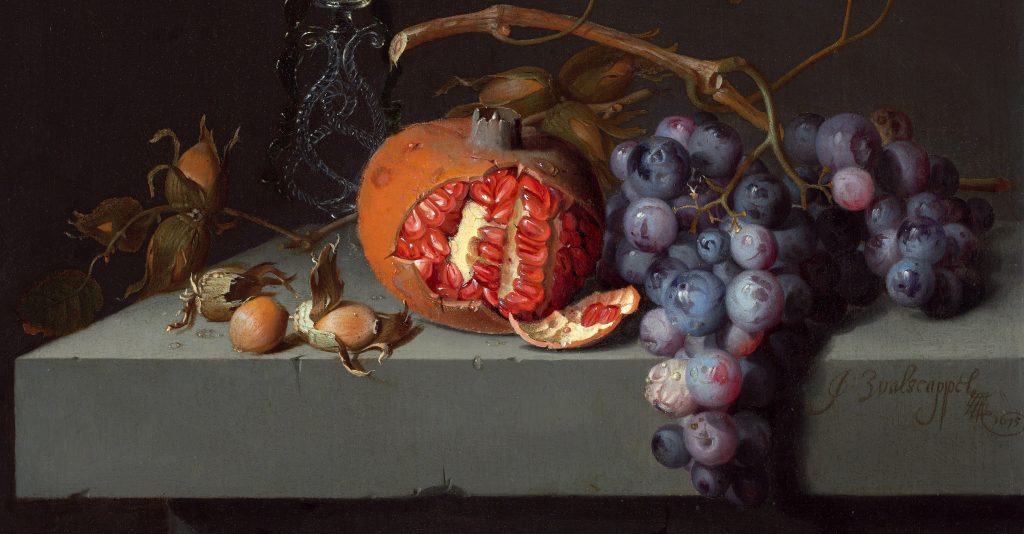

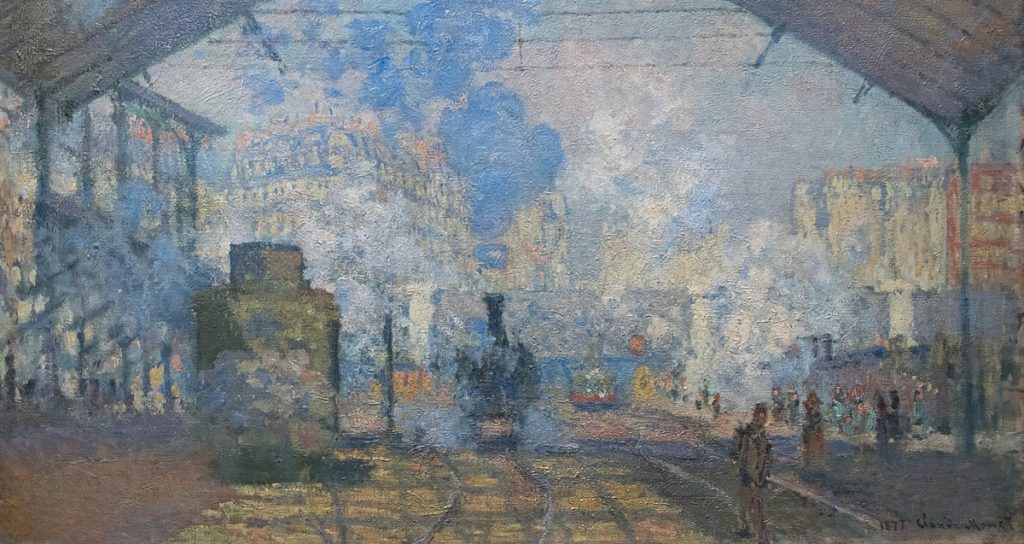
![Your “Dream” House – Affordable Living Prospects in Hungary and Budapest [Conference Summary] Your “Dream” House – Affordable Living Prospects in Hungary and Budapest [Conference Summary]](https://4liberty.eu/phidroav/2025/01/hm.jpg)

![Global Climate, Anxieties and Perspectives for Young People [4liberty.eu Newsletter] Global Climate, Anxieties and Perspectives for Young People [4liberty.eu Newsletter]](https://4liberty.eu/phidroav/2020/05/Cornelis_Norbertus_Gysbrechts_005.jpg)
